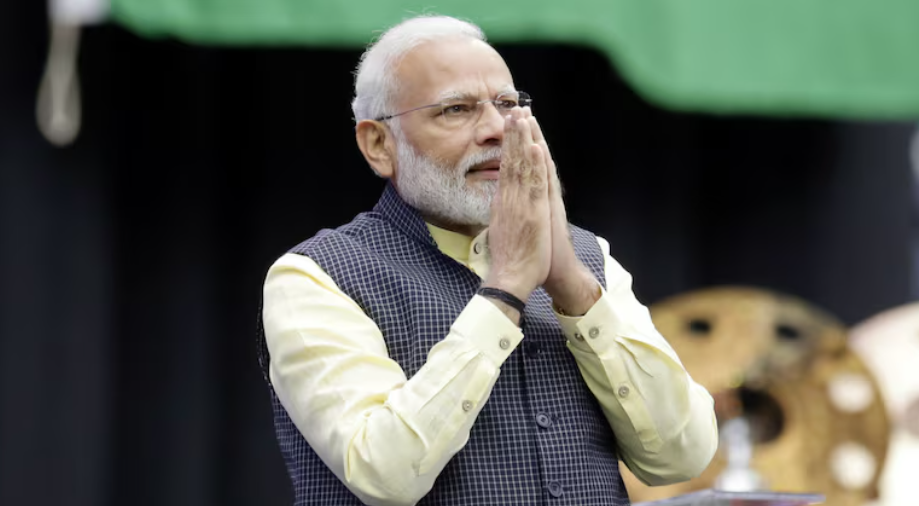The UN Summit of the Future (GS Paper 2, Polity)

Context:
- Prime Minister Narendra Modi is scheduled to address the United Nations’ special global summit, “The UN Summit of the Future,” on September 22-23, 2024, in New York.
- The summit aims to forge a new international consensus on addressing current challenges and safeguarding the future.
- This ambitious theme reflects the urgent need to address contemporary global issues effectively.
Current Issues with the UN:
- The UN has increasingly been seen as ineffective and inefficient in tackling modern challenges.
- It struggles to maintain its role amid escalating geopolitical tensions, ongoing conflicts, and competing national interests.
- This growing perception of ineffectiveness calls into question the institution's ability to respond to global crises.
Need for Reforms:
- The UN’s 78th session in September 2023 highlighted the need to rebuild trust and reignite global solidarity.
- UN Secretary-General António Guterres emphasized the necessity of reforming and modernizing the multilateral system established in the aftermath of World War II.
- This call for reform is driven by the UN’s apparent failure to adapt to the changing global landscape.
Inherent Problems with the UN:
Historical Foundations:
-
- The UN was founded in 1945, influenced heavily by the Anglo-Saxon perspective, particularly the ideas of leaders like Franklin D. Roosevelt and Winston Churchill.
- The initial 50 member states were predominantly from the English-speaking world, reflecting a broader influence of Anglo-Saxon ideals. This influence has persisted under various guises, such as "liberal internationalism" and the "concert of democracies."
- As non-English-speaking countries gained power and began asserting themselves, the UN’s dominant powers found ways to bypass the institution rather than reforming it to be more democratic and representative.
Inability to Address Global Conflicts:
-
- The UN has struggled to address and mitigate ongoing conflicts, such as the wars in Ukraine and Gaza. Its responses have often been perceived as insufficient or ineffective.
- The UN also faces challenges in enforcing rules and agreements related to global food security and the Sustainable Development Goals (SDGs), particularly in the context of disparities between the Global North and Global South.
Systemic Paralysis:
-
- The UN system's paralysis is exemplified by the World Trade Organization's (WTO) stalled dispute resolution mechanism since December 2019, primarily due to the US’s refusal to approve new judges.
- This paralysis reflects broader issues within the UN system, where established powers (P5) are resistant to reforms that could undermine their dominance.
Conclusion:
- The UN’s current challenges highlight a fundamental issue: the reluctance of established powers to pursue meaningful reforms that could alter the balance of power within the organization.
- The UN needs to reflect critically on its commitments and operational effectiveness.
- While discussing the future of the world, it must address its internal shortcomings and the systemic barriers to effective global governance.
- The success of the “UN Summit of the Future” will depend on its ability to navigate these challenges and implement reforms that make the UN a more effective and representative institution.


